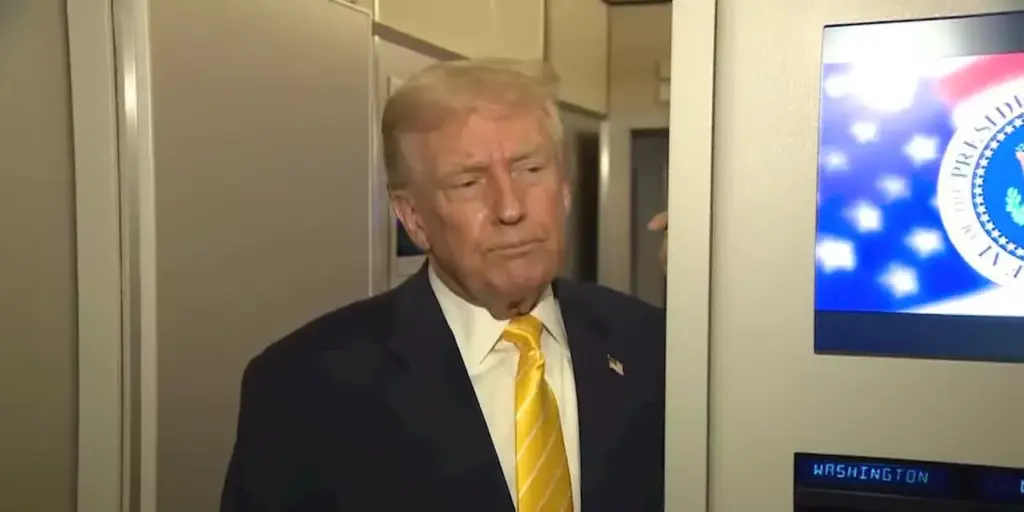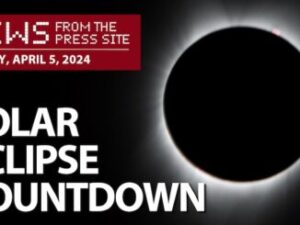
President Donald Trump has announced his intention to sue the BBC for damages ranging from $1 billion to $5 billion. The lawsuit arises from a documentary the BBC aired, which Trump’s legal team claims contains “false” and “defamatory” content. During a conversation with reporters aboard Air Force One on Friday, Trump stated, “We’ll sue them for anywhere between a billion and $5 billion, probably sometime next week.”
The controversy centers on a documentary titled “Trump: A Second Chance?” which aired in October 2024. The BBC has already acknowledged making an error of judgment concerning edits made to Trump’s speech from January 6, 2021, featured in the program. In response to the backlash, the BBC issued an apology to Trump but maintained that it “strongly disagreed there is a basis for a defamation claim.”
In light of the situation, both Tim Davie, the BBC Director-General, and Deborah Turness, CEO of BBC News, have decided to leave the corporation. Their departure comes amid growing scrutiny of the BBC’s editorial practices and the political implications of its reporting on Trump.
Trump’s lawyers assert that the documentary has caused him “overwhelming financial and reputational harm.” This legal action marks a significant escalation in the ongoing tension between the former president and the British broadcaster. The BBC has indicated that it does not plan to rebroadcast the documentary on any of its platforms, further distancing itself from the contentious edits that have sparked this dispute.
The current legal battle reflects broader concerns about media accountability and the responsibilities of journalists when reporting on public figures. Critics argue that institutions like the BBC are held to a higher standard, especially in politically charged contexts involving figures such as Trump, who often face scrutiny for their public statements.
As the situation develops, it is clear that this lawsuit could have significant implications not only for Trump and the BBC but also for media practices in general. The outcome may influence how news organizations approach reporting on controversial figures and events in the future.
In summary, Trump’s planned legal action against the BBC highlights ongoing tensions between media and politics, with both sides standing firm in their positions. The case is set to unfold in the coming weeks, and its resolution could have lasting effects on the landscape of media relations in the United States and beyond.







